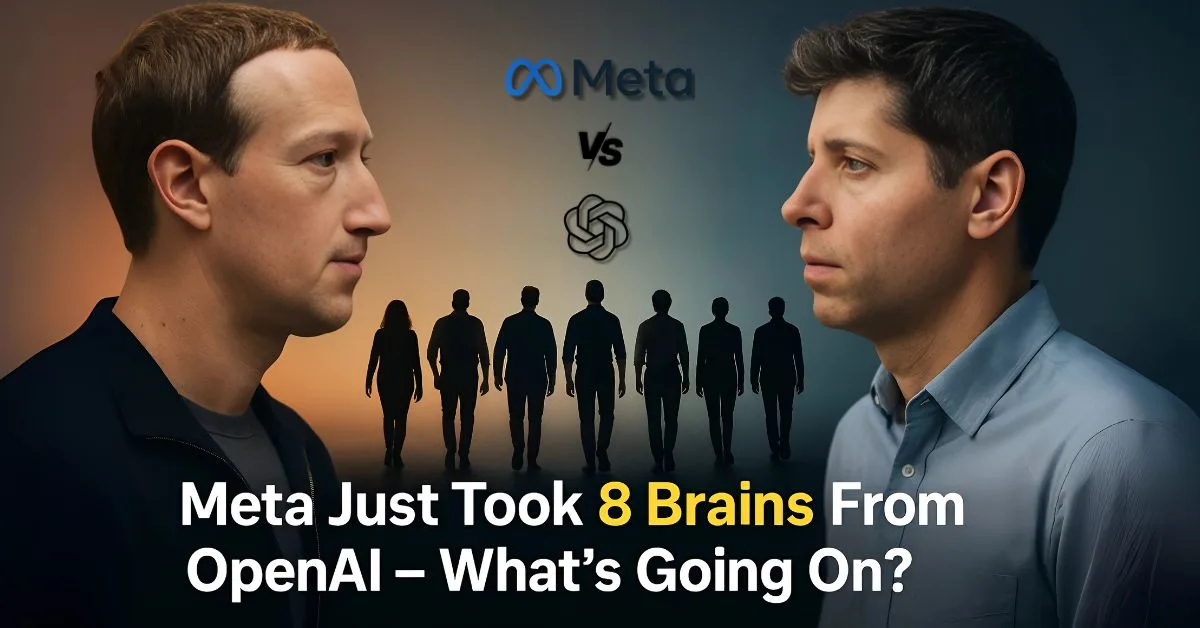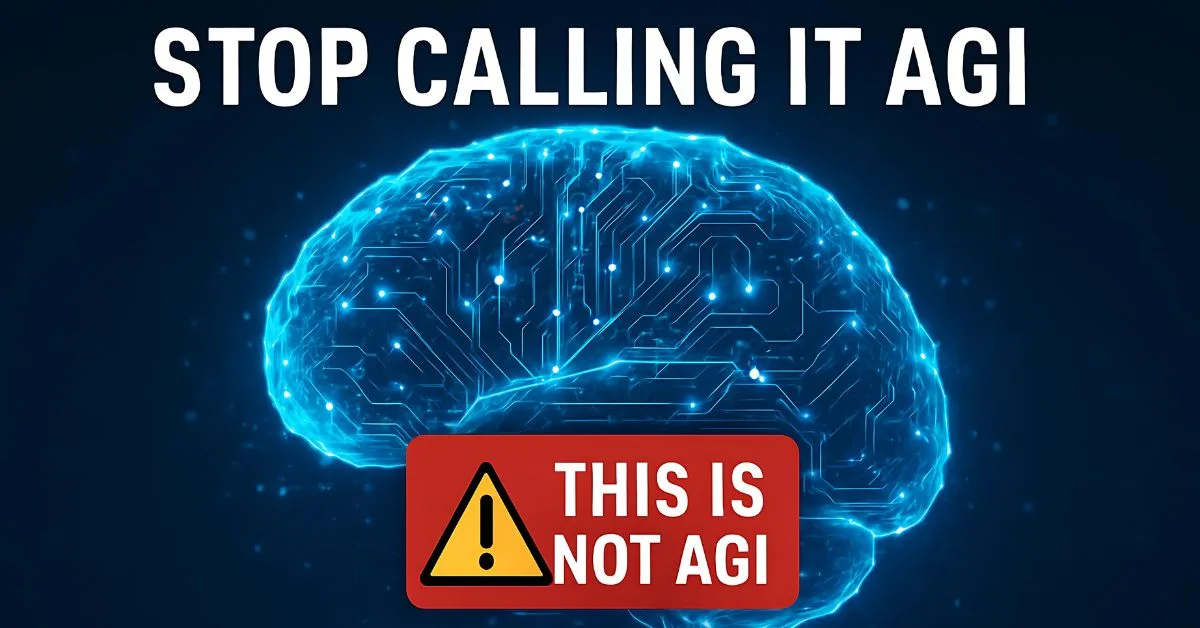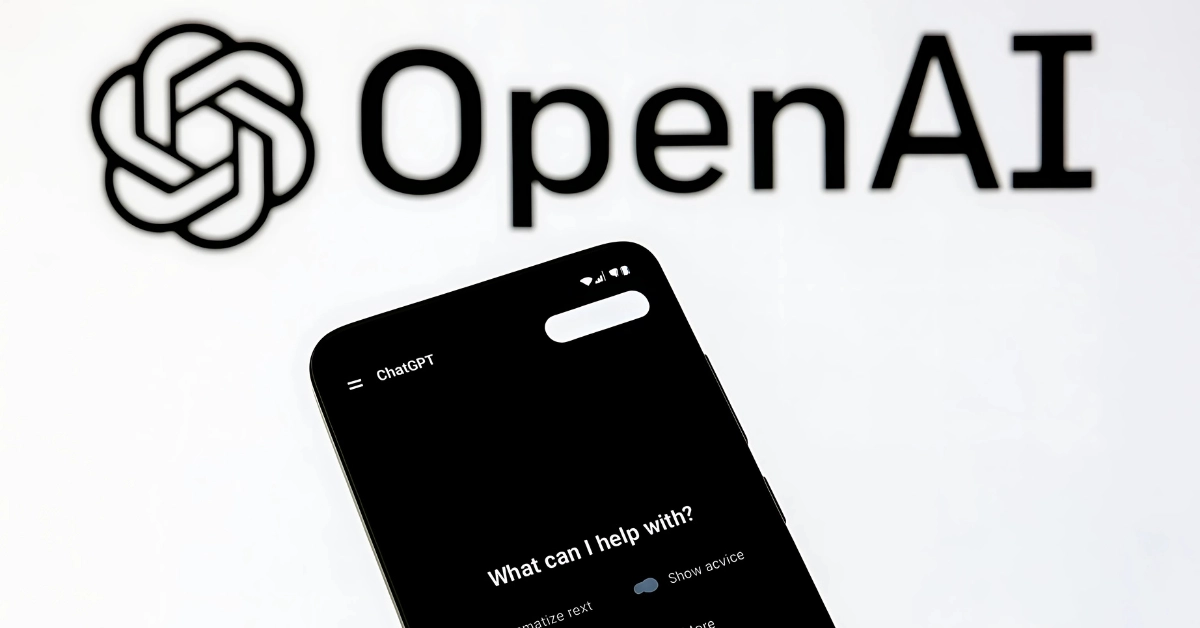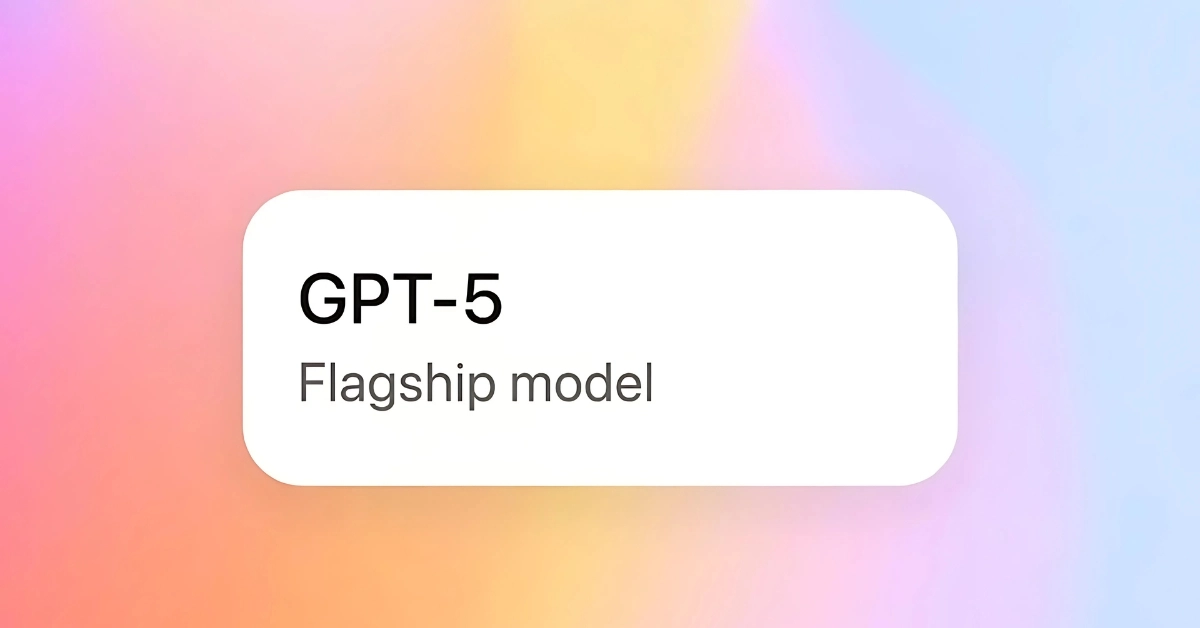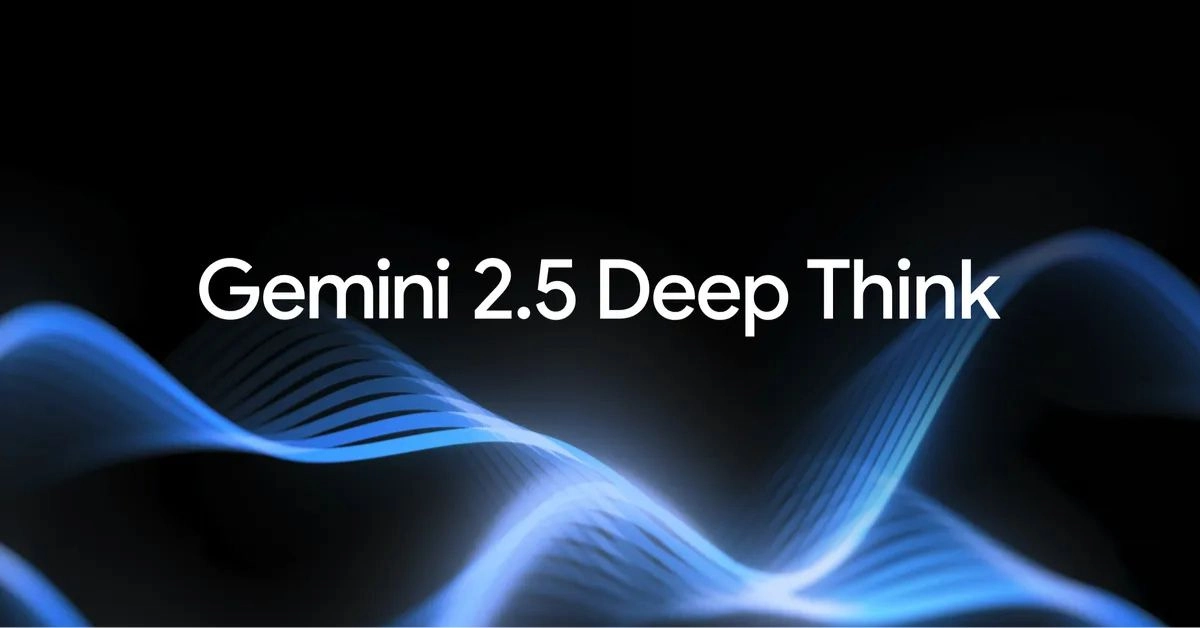Written by Mohit Singhania | Updated: July 3, 2025 | TechMasala.in
Inside Meta’s $14.3B Leap Toward AGI
Artificial General Intelligence, once a thought experiment for computer scientists and futurists, is now becoming a private pursuit. Not by governments or academic think tanks, but by the richest men in the world.
Mark Zuckerberg has launched Meta Superintelligence Labs, a new AI division that isn’t aiming to make another chatbot. It’s aiming to build machines that can think, learn, and act like humans. And to back this vision, he has invested $14.3 billion into Scale AI, gaining deep control over one of the most critical pieces in the AI supply chain—training data.
This move is loud, strategic, and dangerous in ways the public has yet to process. The playground for AGI has opened up. But only billionaires are allowed in.
Meta’s Mega Move, Decoded
The announcement came with little fanfare but massive consequences. Meta Superintelligence Labs, the company’s new moonshot division, is led by Alexandr Wang, former CEO of Scale AI, and Nat Friedman, former GitHub CEO and respected AI thought leader.
Their goal is not to improve Meta’s social media products. Their mission is clear—build AGI, or Artificial General Intelligence, capable of reasoning, planning, and problem-solving on par with human beings.
Meta’s partnership with Scale AI, sealed with a $14.3 billion investment, gives it access to one of the largest labeled datasets in the world. In AI, data is not just fuel. It is leverage. And now, Meta controls it.
Alongside this, the company has been aggressively recruiting top researchers from OpenAI, Anthropic, and Google DeepMind. These aren’t just engineers. They are the minds behind today’s most advanced language models. Meta is not scaling up. Meta is gearing up.
Why Meta Superintelligence Labs Signals a Bigger AGI Race
Zoom out, and a pattern becomes clear.
This is not a Meta story. This is a billionaire story. A power story.
Sam Altman, CEO of OpenAI, is trying to raise $1 trillion to build a global chip supply chain for AGI.
Elon Musk is developing xAI, a company set on building a safe, “truth-seeking” AGI.
Larry Page has been secretly funding deep AI labs for years.
Peter Thiel and Jeff Bezos are backing AGI projects that rarely make headlines but quietly raise billions.
These men are not merely investing in technology. They are shaping the next operating system of the planet.
And they’re doing it through private labs, closed datasets, and commercial licenses.
The question is not whether AGI will happen. The question is whether anyone other than billionaires will have a say in how it is built, trained, and deployed.
Why Rushing AGI Is Dangerous, Even for Meta
There’s no doubt AGI can do wonders. It could revolutionize healthcare, education, agriculture, finance, and more. But rushing into it without transparency comes with massive risks.
Meta, with its move into Superintelligence Labs, is now betting big on being first. The logic is simple—whoever builds AGI first, wins the platform race.
But that logic can be fatal.
Several top researchers, including Yann LeCun, Meta’s own Chief AI Scientist, have warned that AGI is not close. They believe the current models are not even in the right ballpark.
And yet, Meta is hiring like AGI is around the corner. Corporations are operating like they cannot afford to wait.
When speed becomes a priority over safety, oversight and ethics take a backseat. And in the context of AGI, that could mean systems that are powerful but unpredictable, or worse, harmful and unaccountable.
India’s Position in This Power Shift
India has the brains. The question is, do we have the backing?
The IndiaAI Mission has announced massive investments in GPUs, AI computing clusters, and open-source LLMs. But when tech giants like Meta start controlling the very foundation—data, chips, talent—it becomes harder for countries like India to catch up.
Indian startups could end up relying entirely on U.S.-controlled APIs for critical applications in agriculture, education, healthcare, and law.
Without strong domestic AI infrastructure, we will always be one API key away from dependency.
Now is the time for India to act. We need:
- Sovereign data sets in Indian languages
- Publicly funded AI research labs
- Talent retention programs so that our best minds don’t all go west
We don’t have to dominate AGI. But we must not be left out of the conversation.
Should Meta Superintelligence Labs Be Allowed to Own AGI?
What Meta is building is not just a lab. It is a statement.
Zuckerberg believes AGI is the next big platform shift. And he wants Meta to own that shift. That is understandable from a business perspective. But from a societal perspective, it’s terrifying.
Artificial General Intelligence should not be a private asset sitting in a tech CEO’s portfolio. It is too powerful, too foundational, and too consequential.
AGI must be guided by public frameworks, global consensus, and democratic oversight—not shareholder interests and quarterly earnings.
Right now, the AGI playground is locked behind velvet ropes. But intelligence, real or artificial, was never meant to be exclusive.
It’s time to ask tough questions. Not tomorrow. Today.


